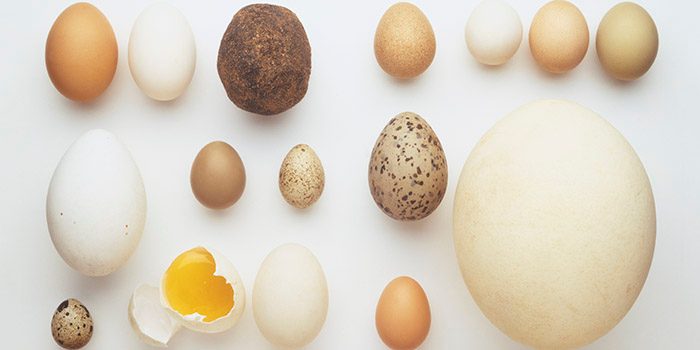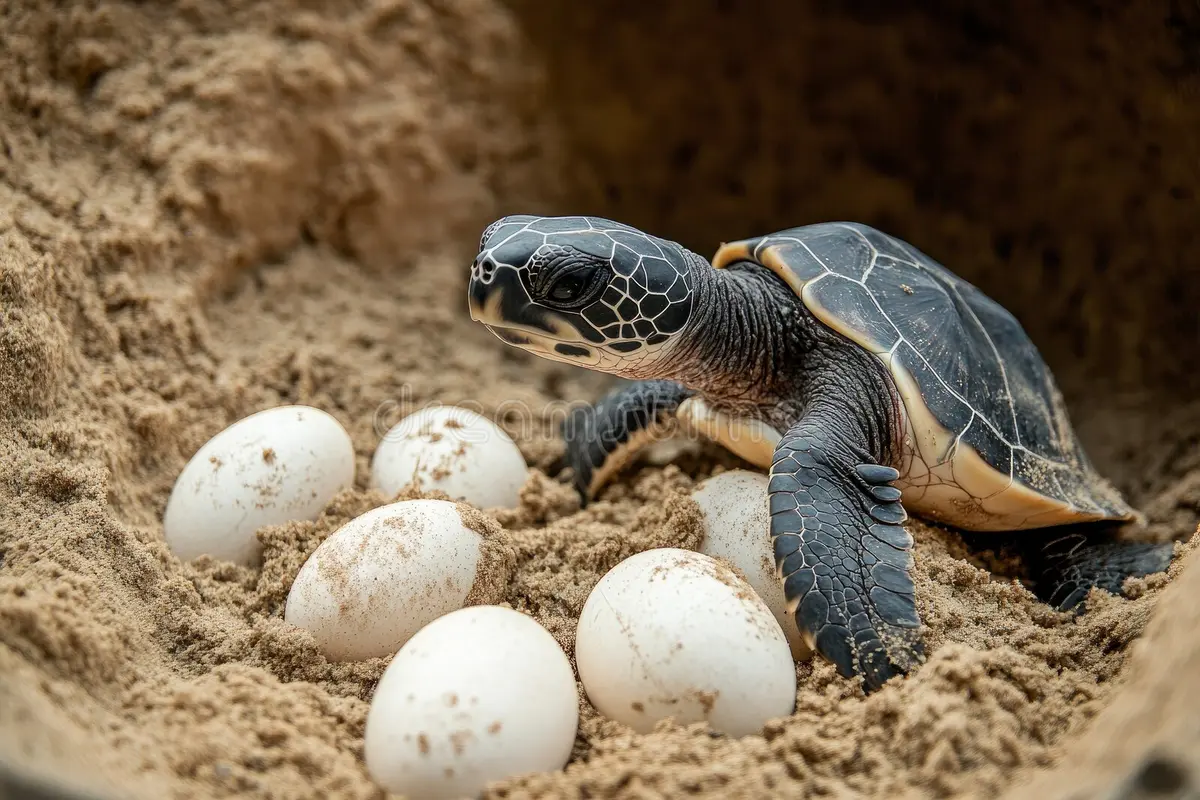Halal or Not? Cracking the Truth About Eggs
By Abdullahi Yusuf
Eggs are a breakfast staple for millions of Muslims worldwide, but a question often pops up: are all eggs truly halal? While the answer may seem simple, many still wonder about the sourcing, processing, and cooking of eggs in a world where food production is increasingly complex. Here’s what you need to know before your next munch of eggs
Most eggs are halal
Here’s some egg-cellent news: those regular eggs you grab from the market (you know, the ones from chickens, ducks and other poultry) are halal by default! These eggs only become non-halal if non-halal ingredients were added during processing or cooking – for eggs-ample, lard or alcohol. Shell-shocking, right?

Did you know? Unlike meat,eggs don’t require the animal to be slaughtered according to Islamic law in order to be halal. (Thank goodness – imagine if we could only get one batch of eggs per chicken! We’d really be eggs-periencing a shortage)
But wait – what about those eggs-otic varieties? You know, eggs from birds of prey (like eagles and vultures) or amphibians (like turtles)? Well, Islamic scholars present two main viewpoints:
1. Majority Opinion: Eggs are only permissible (halal) if they come from birds that are themselves considered halal for consumption. For example, chicken and duck eggs are permissible, while eggs from prohibited birds are not.
2. Minority Opinion: All eggs are fundamentally permissible for consumption, regardless of their source, unless they pose harm to human health (such as toxic eggs from certain snake species).
Prophet s.a.w. said in hadith: “There should neither be harming nor reciprocating harm.”
(Sunan Ibn Majah)

Are all eggs from all birds halal to be eaten? In Islam, we are taught not to eat certain animals. The Prophet s.a.w. clearly prohibited eating predatory animals with fangs, such snakes. This is based on the authentic hadith: “The eating of all fanged beasts of prey is unlawful.” (Sahih Muslim)
Furthermore, in another hadith, the Prophet s.a.w. extended this prohibition to birds of prey, making it unlawful to consume any bird with talons, such as eagles and vultures.
Are turtle eggs halal?
When it comes to turtle eggs, however, it gets slightly tricky – let’s put our thinking caps on! Turtles are amphibians, living on both water and land. If the turtle has been in water all its life, then yes, it becomes halal for you to eat, making its eggs halal for consumption too. However, if it is one that has lived on both land and water, that’s where our scholars differ in its ruling.

Some scholars classify such turtles as amphibious land creatures, and because they spend significant time on land, they do not fall under the category of halal sea animals. Others argue that as long as the animal is primarily aquatic, it can be considered halal – and therefore, its eggs too.
It all comes down to interpretation, intention, and context. When in doubt, the best approach is to follow the opinion of a scholar you trust and, of course, choose the path of caution – especially when the species is endangered.
After all, just because something might be halal doesn’t always mean it’s the most egg-thical or sustainable choice.
Beyond religious rulings, both snake and turtle eggs also pose health risks.
According to most sources, eating meat or eggs from reptiles – whether farmed or wild – can carry biological risks. These include infections from bacteria and parasites, as well as poisoning from natural toxins (biotoxins). So, if you’re ever unsure… don’t crack under pressure – stick to what’s halal and wholesome!
Beyond halal: Making ethical judgements (or should I say, egg-thical?)
Picture this: you’re living your best life on a tropical vacation, and someone offers you sea turtle eggs. You might think, “Hey, most eggs are halal, so why not give it a try?” But hold your horses (or should I say, hold your hens)!

While this could technically be permissible, the decision extends beyond mere halal status. As Muslims, we’re entrusted as caretakers of the Earth (khalifah fil ardh), bearing responsibility for environmental stewardship and wildlife conservation.This is especially important when we think about endangered species who are already having a shell of a time surviving in the wild.
Allah s.w.t. mentions in the Quran: And [remember], when your Lord said to the angels, “Indeed, I will make upon the earth a successive authority.” They said, “Will You place upon it one who causes corruption therein and sheds blood, while we declare Your praise and sanctify You?” Allah said, “Indeed, I know that which you do not know.” (Surah Al-Baqarah, 2:30)
So next time someone offers you sea turtle eggs – or any other egg from an endangered species, for the matter- here’s an egg-cellent response: “Let’s protect the planet instead!” Because sometimes, the best way to care for Allah’s creation is to leave them right where they belong – with their rightful owners!
Remember: Just because something is halal doesn’t mean we should scramble to try it. It might be halal – but is it toyyiban (pure, good, ethical)? Let’s make choices that keep our planet sunny side up!




